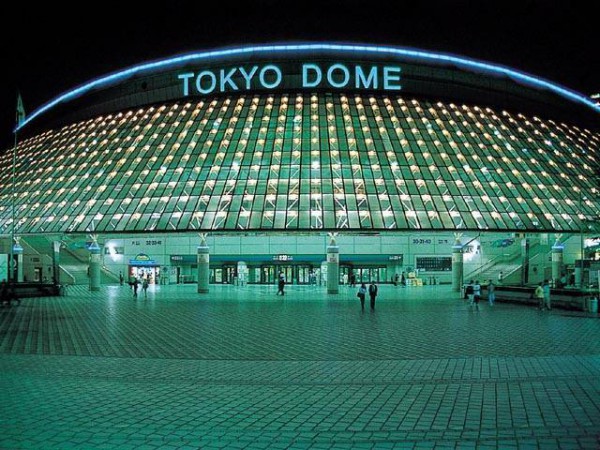Olympic and Paralympic Winter Games bids from Italy and Sweden are set for a showdown in Lausanne, Switzerland next month after an International Olympic Committee (IOC) evaluation report released Friday showed both nations were capable of hosting a successful Games in 2026.

Both regional projects – Italy’s Milan-Cortina and Sweden’s Stockholm-Åre – have challenges to overcome according to the 144-page report compiled from bid books submitted in January and site visits in March and April. But these hurdles are manageable due to new flexibility offered by the IOC as part of its new reforms.
Evaluation Commission Chair Octavian Morariu wouldn’t say which bid has the inside track, claiming it was not his place to render an opinion.
IOC Executive Director Christophe Dubi clarified during a conference call that the Commission was tasked to establish the merits of the various projects.
“Our mission is to highlight opportunities and challenges, and this is what I think we did,” he said.
That means it will be up to more than 90 IOC members to cast ballots and elect a winner on June 24, using whatever criteria they see fit – though they are encouraged to use the report and a technical briefing on election day as their guides.
The increased flexibility allowed both bids to remain in the race after they missed a January deadline to provide government guarantees and instead met an extended April milestone. Five of seven original applications already ended their runs last year.
Sweden’s project, originally billed as a Stockholm bid, has now been packaged with northern ski resort Åre after the Stockholm city government refused to underwrite plans and have instead offered to lease the venues to the organizing committee. A majority of the events will be staged in the capital, but Åre will sign the host city agreement.
This setup falls within new IOC rules, though evaluators are looking for more clarity regarding planned governance. The report also indicated that funding guarantees to construct private venues have yet to be confirmed, creating some risk.
“Whilst open to fully private Games, the Commission believes that the model envisaged by the bid requires more detailed study,” the report read.
Morariu said “we recognize there is a lot of work to be done once a city is elected.”
Stockholm-Åre 2026 CEO Richard Brisius explained Friday “we have the strongest letter of intent you can have” regarding the private construction of a speed skating oval and cross country ski arena.
Brisius said the guarantees would come “later this year” after the municipality officially distributes the land.
“We live and breathe winter sports in this country and it is part of our DNA,” he said.
“We have already taken concrete and real action to address these issues.”
It is believed that there is wide appeal among IOC members to send the Games to Sweden for the first time ever.
Brisius said “I really think that the offering that we have in being the Winter Wonderland in a winter sport nation, the more we involve the whole of Sweden from the north to the south in these Games, the more magic we will bring to the world.”
Italy has already hosted the Games twice, in Turin in 2006 and Cortina d’Ampezzo in 1956. Stockholm hosted the Summer Games in 1912.
Meanwhile the report said Italy’s offering checked all the boxes for a successful Games. It did note, however, that plans to refurbish a sliding track in Cortina and enclose an outdoor speed skating oval might be too aggressive and lacking a solid legacy plan.

The report also identified transport and venue capacity challenges that need further study.
Despite IOC claims that operating budgets for the 2026 Games average 20 percent lower than for 2018 and 2022, the report outlines concerns that legacy budgets and certain capital costs have been underestimated.
“We have some questions regarding strategies in the budget,” Morariu said.
“This is an evolving process.”
Dubi added “we know what it will take for an operational standpoint but at the same time there are savings in using existing venues proven for World Cup or World Championships – you can make massive savings in which using operating plans at the level of detail existing today.”
The IOC’s ask for the bids to add transportation capacity and examine other means to ensure a positive athlete experience across regional clusters could add further costs to the operating budget.
“So on one hand you might have small increases, on the other hand you have massive savings,” Dubi said.





